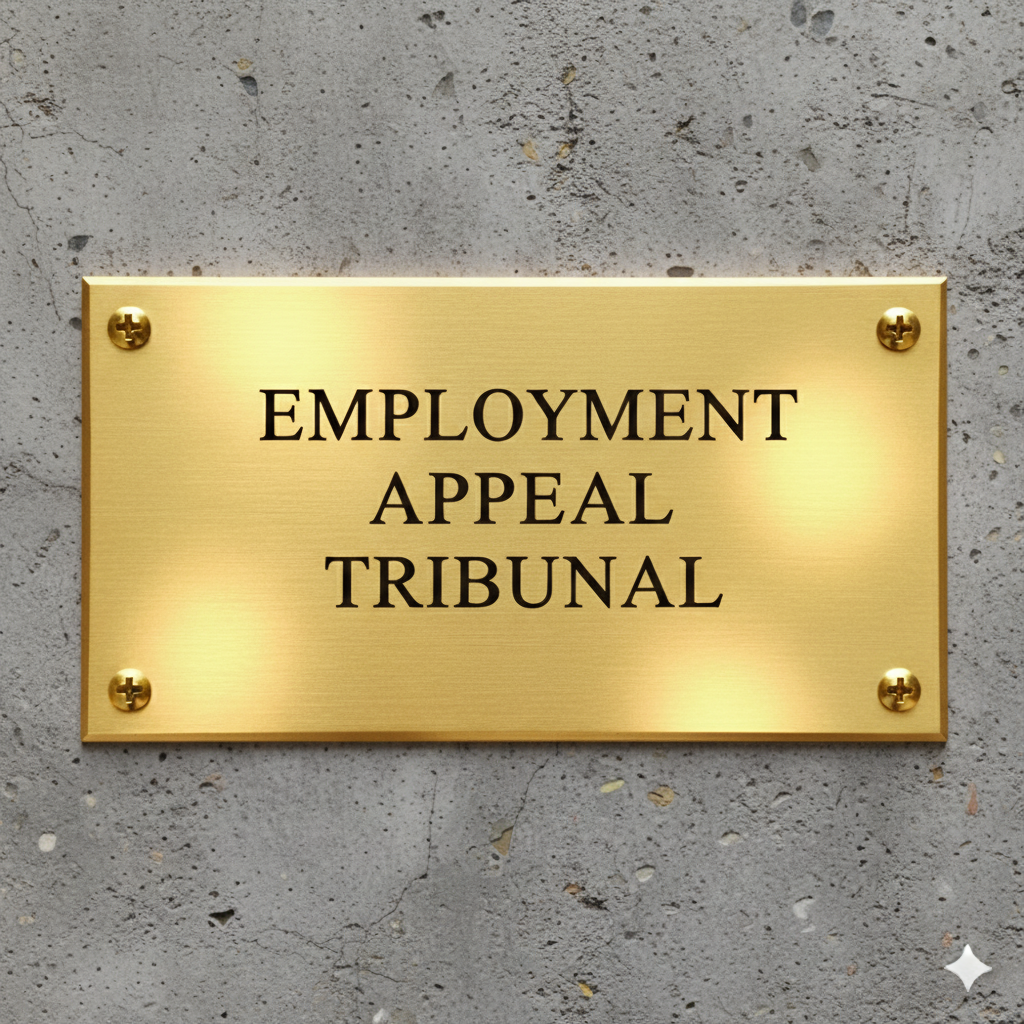Tribunal Remits Anonymity Application After Judge Refuses Request for Hearing
The EAT has overturned a decision refusing a claimant anonymity, highlighting the need to consider mental health evidence and offer a hearing when requested.
• public
Employment Appeal Tribunal Orders Reconsideration of Anonymity Request
The Employment Appeal Tribunal (EAT) has remitted a case back to the Employment Tribunal (ET) after finding that a judge erred in refusing a claimant's request for permanent anonymity. The case, DBP v Scottish Ambulance Service, centred on the claimant's application to keep her identity private due to concerns about the public disclosure of sensitive personal information.
Background: Initial Tribunal Decision and Anonymity Application
Following the dismissal of her claims at an earlier hearing, the claimant applied for anonymity, citing concerns about a judgment containing details of her past self-harm and a suicide attempt. She argued that the continued publication posed a risk to her mental health. The claimant offered to fund an expert psychological report to support her claims and requested an oral hearing to explain her situation.
EAT Ruling: Fairness and Opportunity for Evidence
Judge Barry Clarke, presiding over the EAT, found that the Employment Judge had erred in law by rejecting the application without allowing the claimant a reasonable opportunity to present supporting medical evidence. The EAT emphasised the importance of fairness, stating that the claimant should have been given a chance to obtain the medical evidence she said she could provide.
The EAT also noted the increase in post-hearing applications for anonymity, likely driven by the accessibility of online employment tribunal registers.
Remittal and Temporary Anonymity Order
The EAT remitted the case to a different Employment Judge for reconsideration. A temporary anonymity order has been put in place, replacing the claimant's name with "DBP" in public documents, until the Employment Tribunal makes a fresh decision. The EAT outlined a process for reviewing the temporary order after the ET's decision is made and the appeal period expires.
The EAT stressed the importance of treating claims of suicidal tendencies with "utmost seriousness."
Read the entire judgement here: DBP v Scottish Ambulance Service
